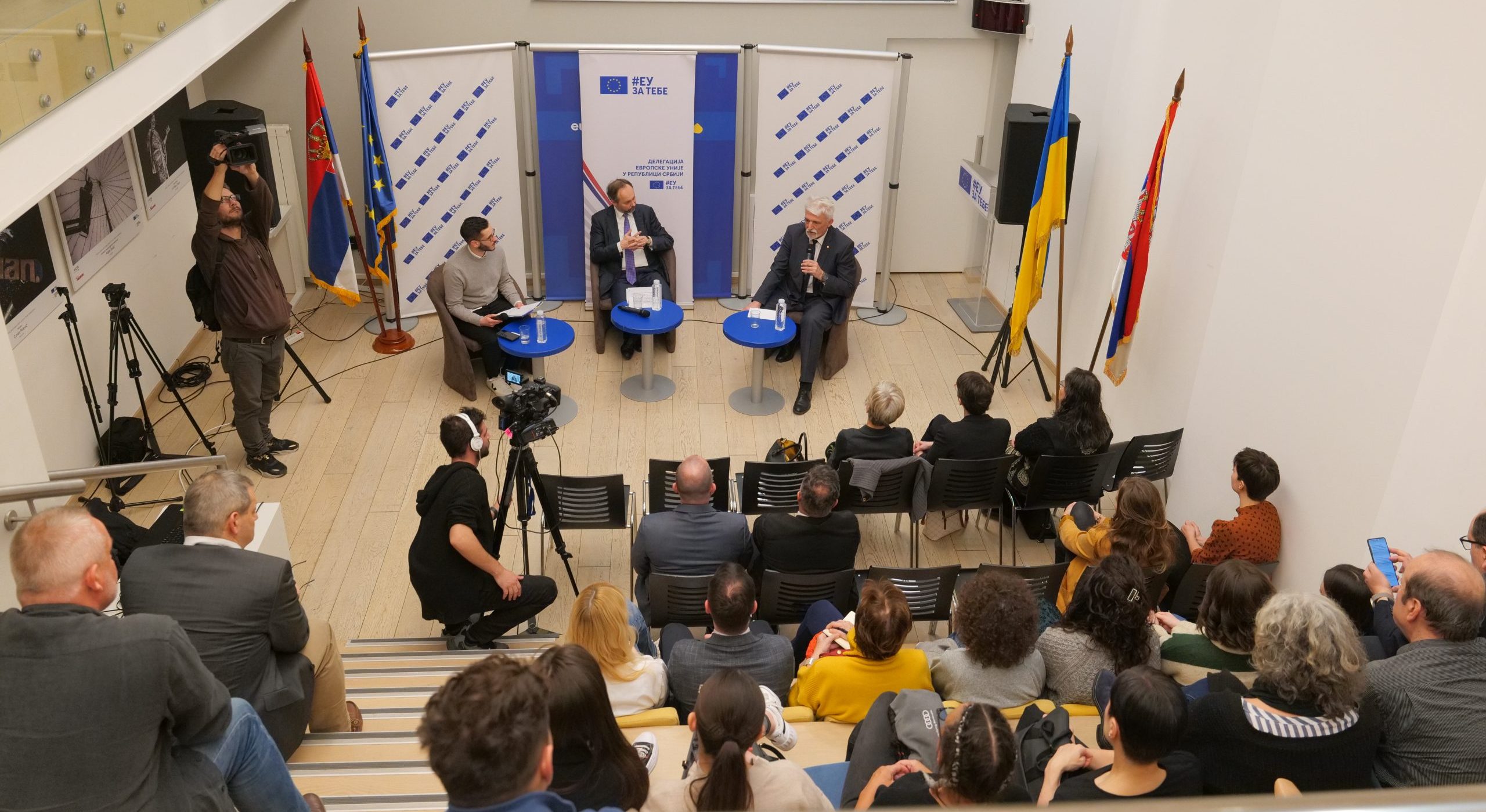Two years after the Russian aggression against Ukraine started the EU Delegation to Serbia is the host of a number of events to shed a light on the humanitarian drama that has unfolded through this war. In the framework of this Ukraine related week of activities the EU Delegation to Serbia hosted today an event at the EU Info Centre in Belgrade on the subject of children who have been unlawfully deported from Ukraine and taken to Russia where many are being offered for adoption.
The documentary film “The stolen children of Ukraine”, in the co-production of CAPA Presse and the German-French television ARTE, was screened today at the EU Info Centre in Belgrade. The film follows the fate of some of the more than 19,000 estimated children who were forcefully taken from occupied territories in Ukraine and brought to Russia. It premiered on ARTE television in July 2023. The screening in Belgrade was held in the presence of the authors of the film, French journalists Manon Bachelot and Poline Tchoubar and the Ambassador of the European Union to Serbia, Emanuele Giaufret and the Ambassador of Ukraine Volodomyr Tolkach.

“Based on the analysis of videos published on Telegram, publications on social networks, articles and press releases from the Russian authorities, this investigation demonstrates how these children were forcibly taken from their parents or their orphanages, then transferred in dozens of centres scattered throughout the country. It shows how these children, supposed to be transferred temporarily, are in fact indoctrinated, placed in families and even offered for adoption in Russia, thanks to a policy designed at the highest level of the State. A policy which has earned Vladimir Putin and Maria Lvova-Belova, Commissioner for Children’s Rights in Russia, prosecutions launched by the International Criminal Court”, the ARTE television press release says.
Ambassador Giaufret stated: “The unlawful deportation of children from Ukraine carried out by Russia constitute a crime. Russian President Vladimir Putin has repeatedly claimed that Ukraine does not exist as a nation and that Ukrainian identity is artificial. The mass abductions of Ukrainian children we hear about seem to be a part of a structured policy. The war and these deportations are solely about annihilating an independent country, conquering land, and re-establishing dominance over a people that decided to be masters of their own destiny. A truly European destiny since Ukraine wants to become an EU member. ”
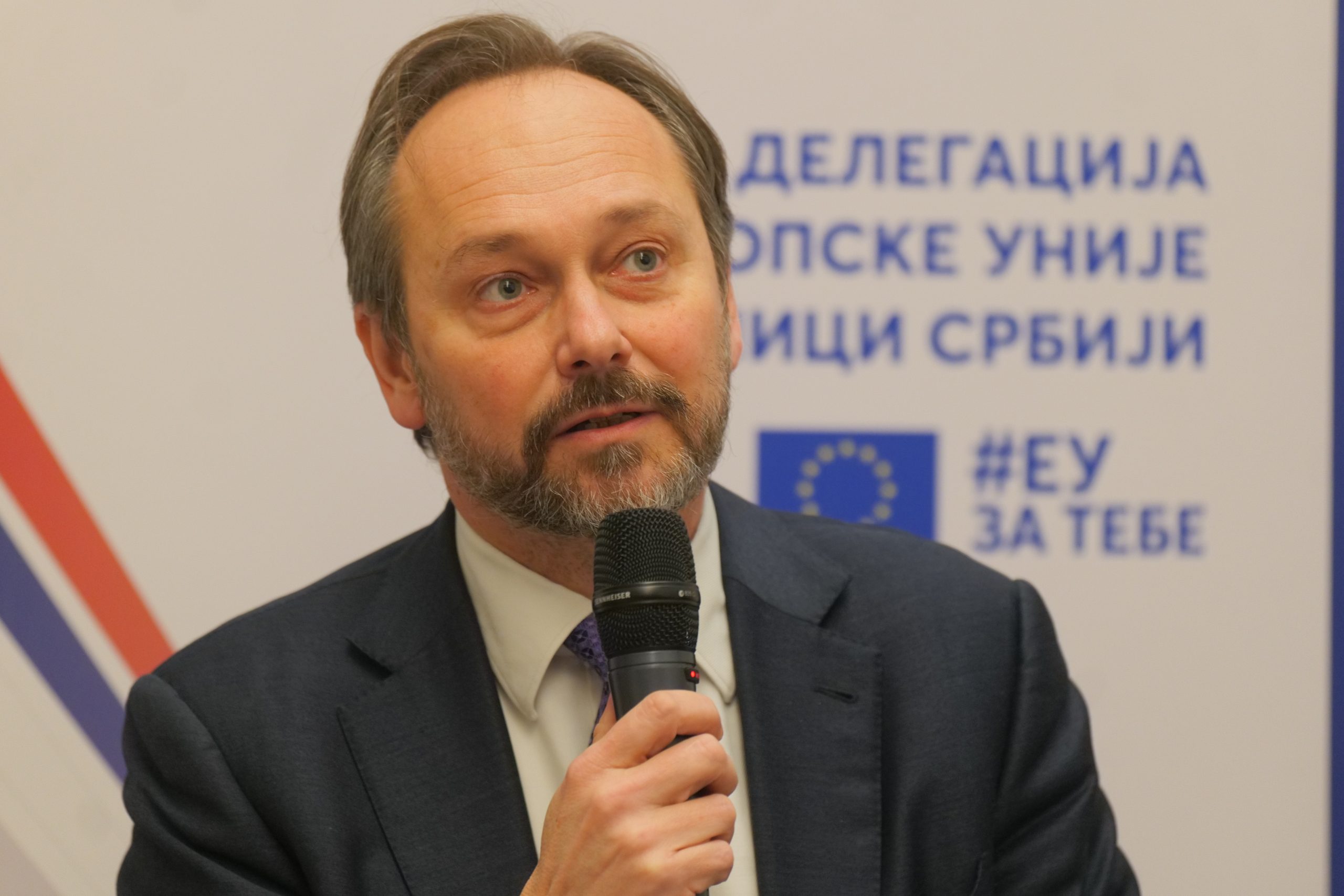
Ambassador Tolkach stated: “Today’s screening of the documentary film “The Stolen Children of Ukraine” raises a very important and sensitive issue that is the result of Russian aggression against Ukraine. It is the issue about the fate of the most unprotected, and therefore it is the most painful for all Ukrainian citizens – Ukrainian children affected by the war. The film provides information about children who were stolen in Ukraine and taken to Russia and occupied Ukrainian territories, as well as about the methods used by the Russian Federation to abduct them. The Russian occupation administration especially takes children to the Russian Federation in order to destroy the future of Ukraine. Ukraine demands their return. We submitted the list with names of our children to Moscow.”
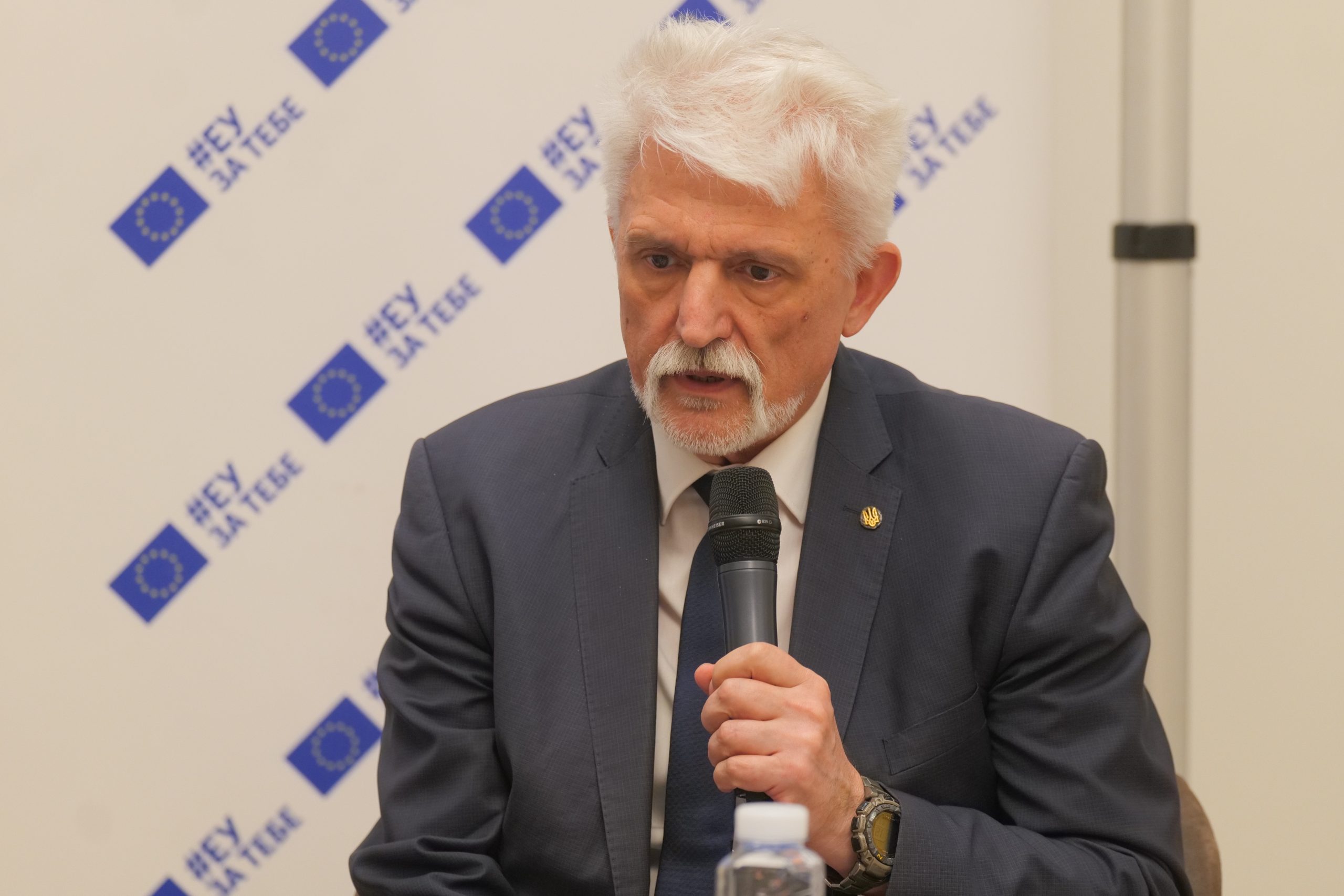
There are different cases, but they all testify to the systematic nature of the crime, to the general policy of Russia regarding the assimilation of Ukrainian children, which is an integral part of the genocide against the Ukrainian people.”
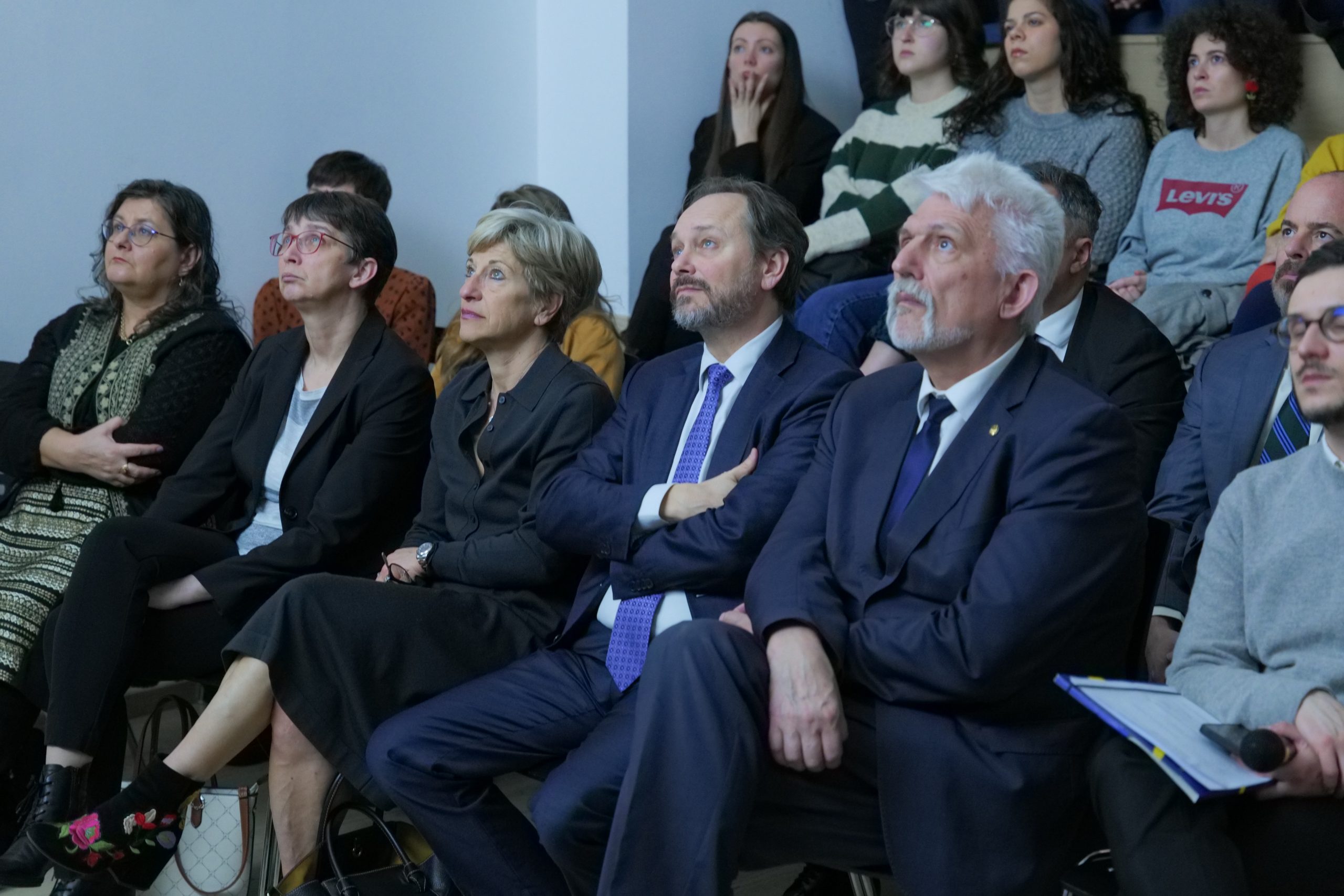
The authors of the film, Manon Bachelot and Poline Tchoubar said: “Two years after the start of Russia’s invasion of Ukraine, we believe that it is important to continue speaking about Russia’s war crimes, as many Ukrainian children are still in Russia today. It’s very difficult to investigate physically in Russia today, but it’s very important to continue to do so by other means. To shed light on the system and methods used by the Russians in the deportation of Ukrainian children, we analysed in particular Russian propaganda in the press and on social networks.”
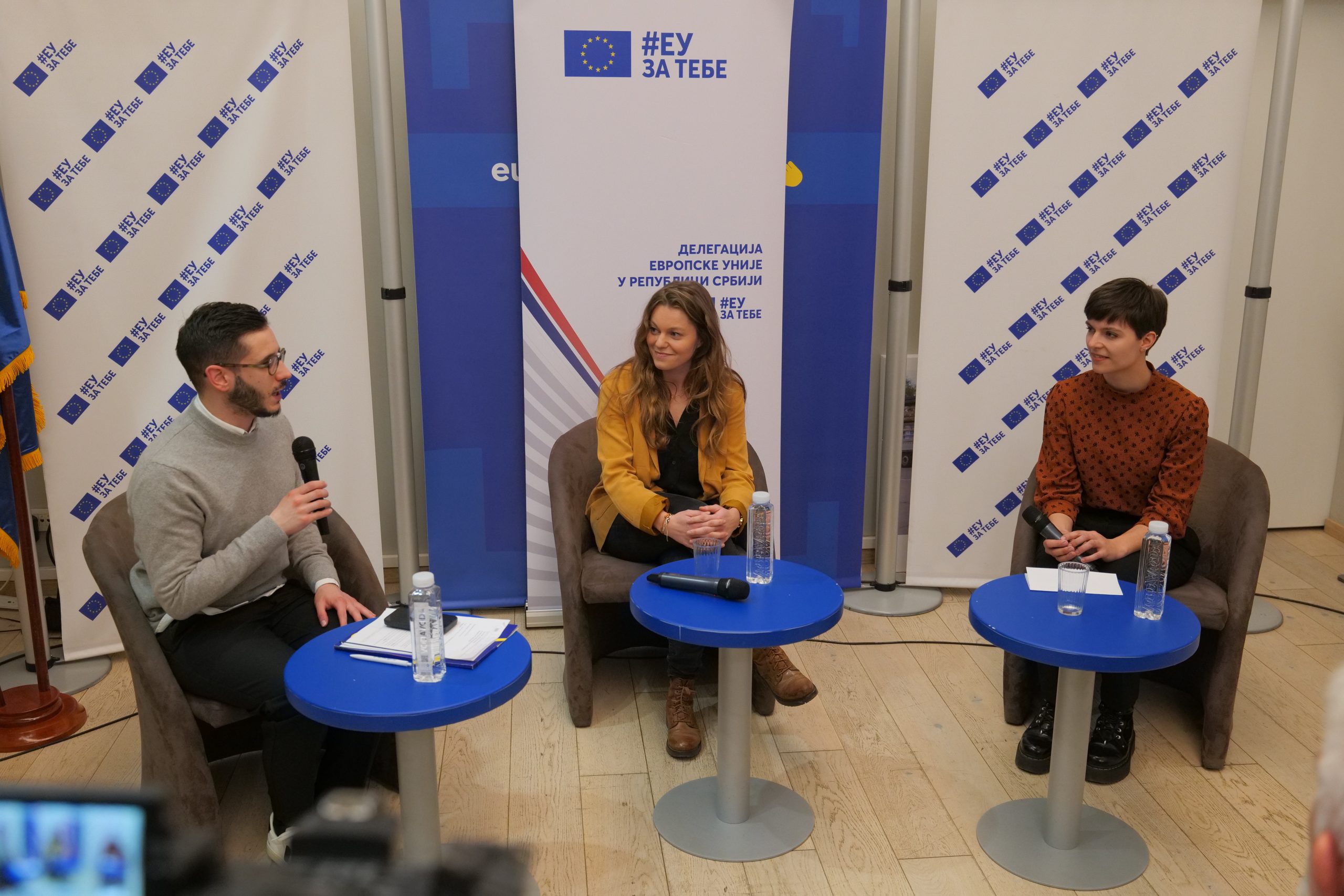
The event was organised by the EU Delegation to Serbia through its Pulse of Europe – Media Trips to EU project. A project which enables Serbian journalists to travel to EU countries and EU candidate countries.
The film is available in English on the YouTube channel of the ARTE television:

